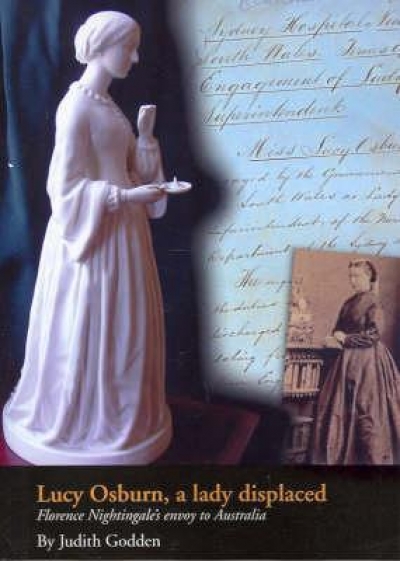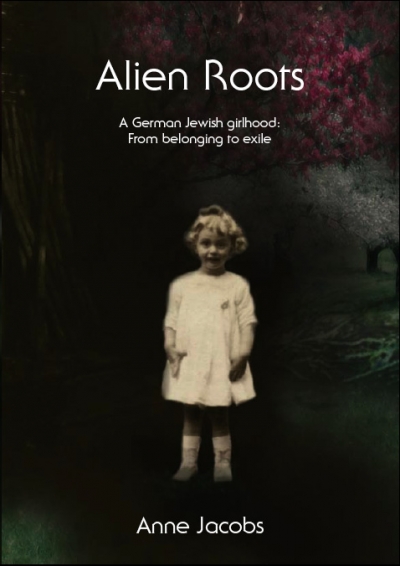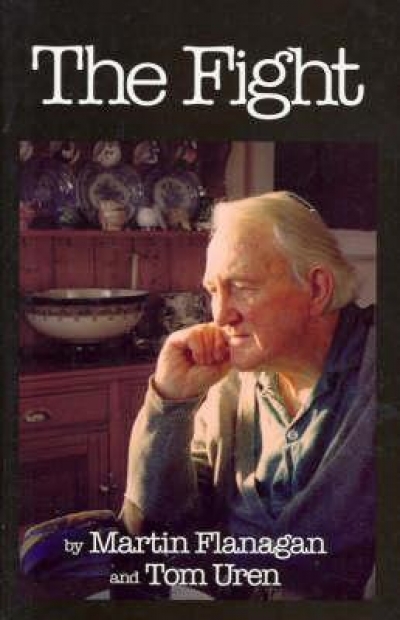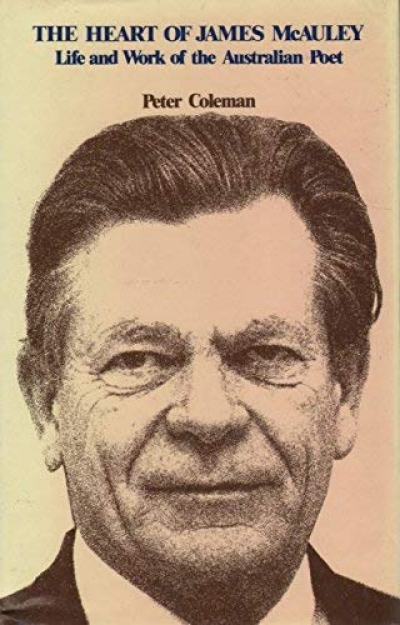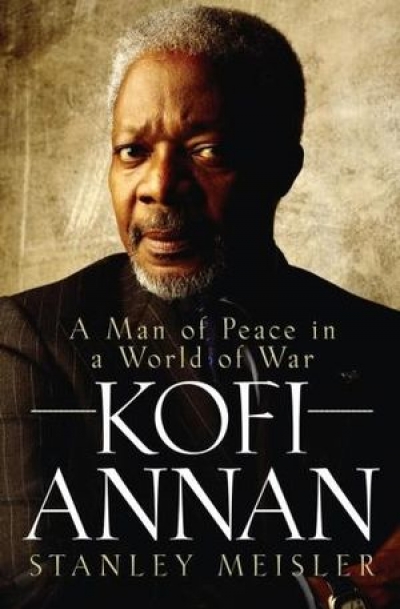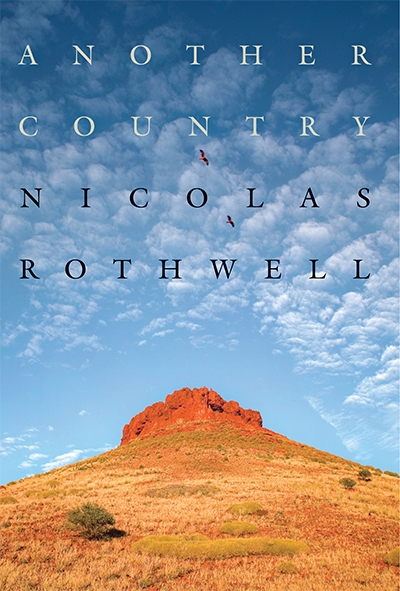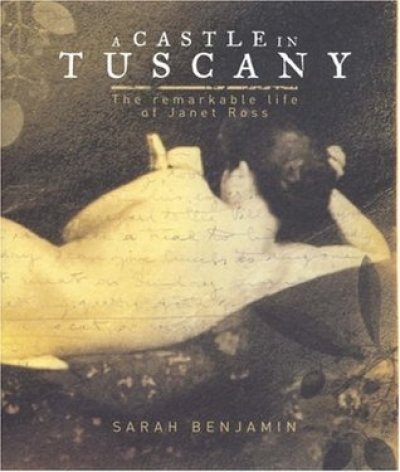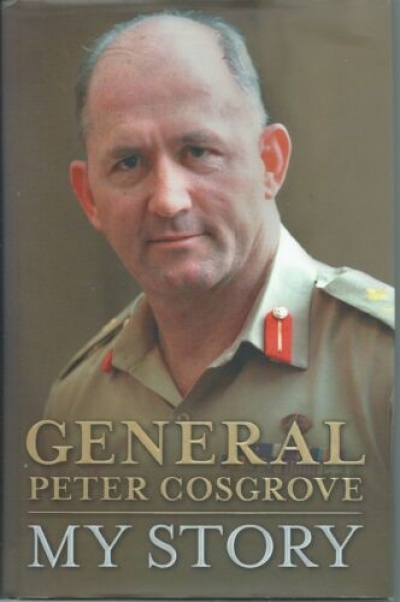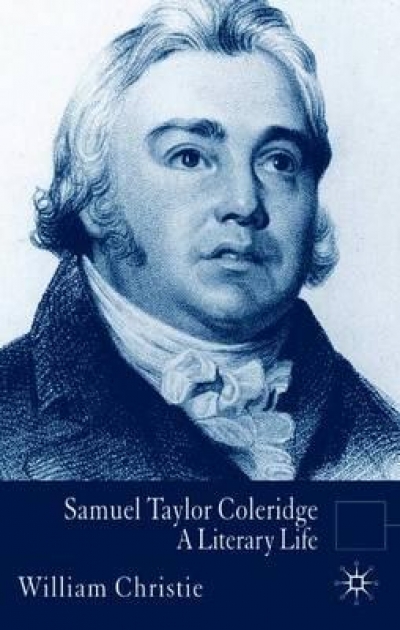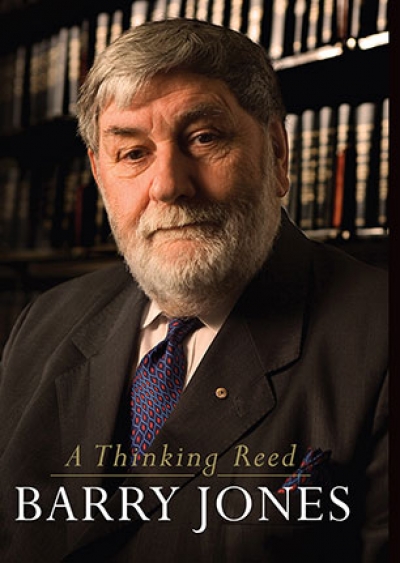Biography
Lucy Osburn, A Lady Displaced: Florence Nightingale's envoy to Australia by Judith Godden
The cover of Judith Godden’s biography of Lucy Osburn, the founder of modern nursing in Australia, is dominated by a ghostly white statuette of Florence Nightingale. Lucy herself appears in a bottom corner, photographed with a book in hand, an insignificant figure dressed in black silk, with a white cap over a severe hairstyle. At times, it seems as if Nightingale is going to overshadow the book, too. But despite her largely unsuccessful attempts to carry out the wishes of the ‘lady with the lamp’ in New South Wales, Osburn did succeed in creating conditions whereby scientific practices could be introduced into nursing in Australia, though she failed to convince the medical establishment that women could be trusted with medical knowledge or were capable of managing hospitals.
... (read more)Alien Roots: A German Jewish girlhood: from belonging to exile by Anne Jacobs
Alien Roots is a remarkable memoir of pre-war Germany, written in Melbourne by Anne Jacobs (born Annemarie Meyer). Jacobs wrote it in the 1960s, at a time when the Holocaust was rarely mentioned in Australia. Charles Jacobs collated his wife’s memoir for the family, and her children arranged for its publication in late 2006, twenty-four years after her death. The Melbourne-based Makor Jewish Community Library is the publisher.
... (read more)Tom Uren was a prisoner of war on the Burma Railway during World War II, a professional boxer in his youth and one of the dominant voices of the Australian left for much of the second half of the twentieth century. Martin Flanagan offers a wide-ranging reflection on Uren’s life, drawing on his experience growing up in the working-class Sydney suburb of Balmain to his days as minister for urban and regional development in Gough Whitlam’s government. In doing so, The Fight conveys the resilient and visionary spirit that was central to Uren’s character. But Flanagan’s stated purpose is much more than biographical; his aim is to show the need in contemporary Australian society for the passion and vision Uren displayed throughout his life.
... (read more)It is now thirty years since James McAuley died, and more has been written about him in that time than about any other Australian poet. Poets are not usually of great biographical importance unless they are also caught up in historical and political events, or are a kind of phenomenon like Byron or Rimbaud. McAuley was not a man of action, but he was associated with a number of events which were significant in Australian development and culture; and a large, some would say inordinate, part of his life and energy went into politics and polemics. He became something of a public figure, and, as he himself recognised, the lives of such figures quickly become public property. Any book about him is bound to be of interest.
... (read more)Kofi Annan: A man of peace in a world of war by Stanley Meisler
The United Nations’ eighth secretary-general, Ban Ki-Moon, has just taken over what has been called the world’s worst job. But it is one that attracts fierce, devious and polite competition. Why would anyone seek, for less than $400,000 a year, to be the chief administrative officer of a non-government that cannot govern, a non-corporation that cannot borrow or invest? The UN’s total budget is about the same as the New York City school system, and the secretary-general has to beg 192 national stakeholders for funds even to carry out what they instruct him to do. Who would want to be answerable, as well, to a fifteen-member board, five of whose members use their permanency to frustrate others and advance their own interests, rather than those of the organisation?
... (read more)‘The nearest thing on earth to a Black Australian is a White Australian, and vice versa,’ observed novelist and poet Randolph Stow some years ago. Nicolas Rothwell might have pondered the idea on his more recent wanderings as northern correspondent for the Australian. His north is not simply geographical. It fans south and west from Darwin, and east as far as Arnhem Land. Its core is in the Centre, in the Aboriginal realms of the Western Deserts: not only another country, but also, in the book’s closing phrase, ‘another time’, another dimension to the Australia we think we know. In a tribute to Darwin’s fabled Foreign Correspondents’ Association (whose members are forbidden to file the crocodile stories that southern editors want), Rothwell quotes a Latin motto, ‘Austrem Servamus’ (‘We serve the South’). It’s a droll reminder of how far the correspondent’s words must travel, through a dirty and imperfect lens, to reach from one place to the other. The mediation of numinous, heavy-laden revelations from this remote other country for mainstream consumption elsewhere is the high-wire walk of this book.
... (read more)A Castle in Tuscany: The remarkable life of Janet Ross by Sarah Benjamin
From the mid-nineteenth century, the city of Florence and its surrounding hills were home to a large expatriate community in which the British were both prominent and visible – in the English tearooms and English pharmacy, in the waiting rooms of the English doctors and bankers, in the pews of the English Church. The foreigners came to live in a better climate and at less expense, to discover the world and themselves, to write, paint, collect, to escape the restraints – or the failures – of home, and to live unorthodox and unconventional lives. Aldous Huxley, whose enthusiasm for Florence was brief, wrote of this cultural mecca as ‘a third-rate provincial town, colonized by English sodomites and middle-aged Lesbians’. Despite, or because of, Huxley’s view, this English colony and its denizens, who more than adequately memorialised themselves, continue, like Bloomsbury, to be a popular and marketable publishing commodity. In his recent contribution on Florence to The Writer and the City series, David Leavitt suggested that Florence was unusual in that its most famous citizens for at least the past one hundred and fifty years have been foreigners. He then went on to make the foreigners the subject of his biography of the city, Florence: A Delicate Case (2002).
... (read more)General Peter Cosgrove by Peter Cosgrove & Cosgrove by Patrick Lindsay
There is certainly a refreshing candour in My Story and a good deal of pleasant anecdote and humour, but, on the whole, not a lot of ferocity. Cosgrove is most at ease and most readable when he can be convincingly diffident, mocking his own pretensions or, more often, the embarrassing lack of them, as in his account of his arrival at Duntroon Military College. Just short of eighteen, with a ‘lot of growing up to do, both physically and emotionally’, coming off a modest performance in his second try at the Leaving Certificate, with a school track record of larrikin insouciance, the young Peter Cosgrove had every reason to feel nervous as he boarded the bus outside the Canberra station for the short trip to Duntroon. Finding he is sitting next to ‘a fellow who seemed about my age (although years more mature)’, Cosgrove decides to ‘break the ice’. As a result, he discovers that this young man is a product of one of Sydney’s most prestigious private schools, that he had been school captain, a senior cadet, captained the School XV and had been selected for the combined GPS rugby team. Despondently, Cosgrove asks about cricket, assessing himself as ‘no world beater [but] better [at cricket] than at rugby’. His delight in hearing that his companion never played the game is quickly snuffed out when the young man explains that, as stroke of the school eight when his school won the Head of the River, he had no time for cricket. ‘We sat in silence for a moment and then he turned to me and said, “What about you?” I said morosely, “I’m on the wrong bus!”’
... (read more)SAMUEL TAYLOR COLERIDGE: A LITERARY LIFE by William Christie
What is a ‘literary life’? The phrase is invitingly open. Some writers seem to live their lives with a studied circumspection, as if creating a work of art. Everything is crafted to present only what the writer wishes to reveal, exactly as in creating a literary work. Oscar Wilde and Jack Kerouac may seem odd bedfellows, except in this one regard. Oscar’s bon mots and flamboyantly witty social gestures mirror those of his written personae, to the extent that his life is his art and his art is his life, exactly as he almost said. Kerouac’s crucial discovery may have been that getting ‘on the road’ could lead not only to a bestseller that influenced a generation, but that it could also shape the perception of his life, where the public and private became synonymous. All the automatic writing of his letters, the photographs of his circle of friends who also people his books, the laconic interviews, even his brooding, photogenic likeness to James Dean, are an integral part of his literary self-creation, intrinsic with a philosophy of staying in a speeding car and observing life from the fast lane. For both Wilde and Kerouac, ‘style’ is the word that links the literary and the life. However different from each other, both are dramatically self-consistent in lifestyles and literary styles.
... (read more)Gough Whitlam is idolised, Bob Hawke respected, and Paul Keating admired, but Barry Jones is undoubtedly the most loved by the Labor party rank and file, a lovability which puzzled many of his colleagues in the Hawke government (1983–91). Insofar as they recognised it, they qualified it – labelling him ‘a loveable eccentric’ – a characterisation of ...
... (read more)

